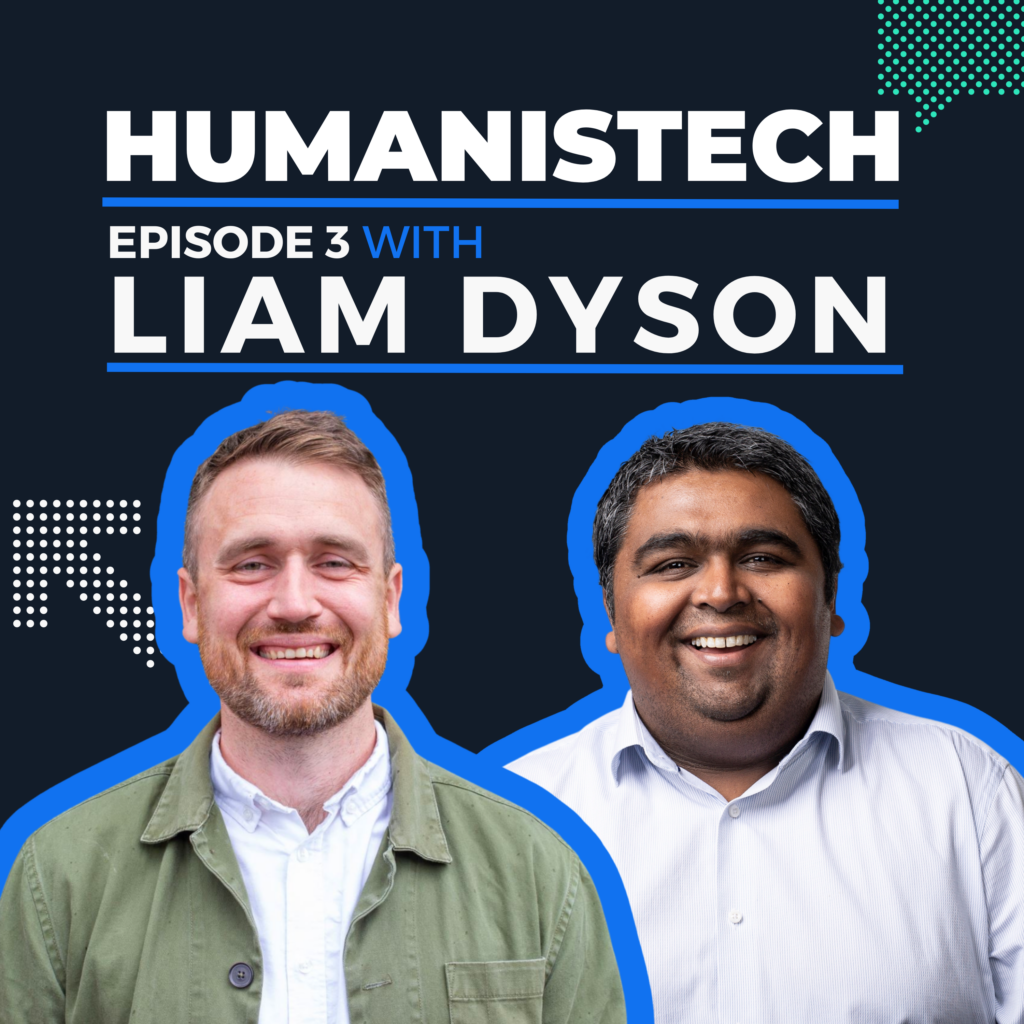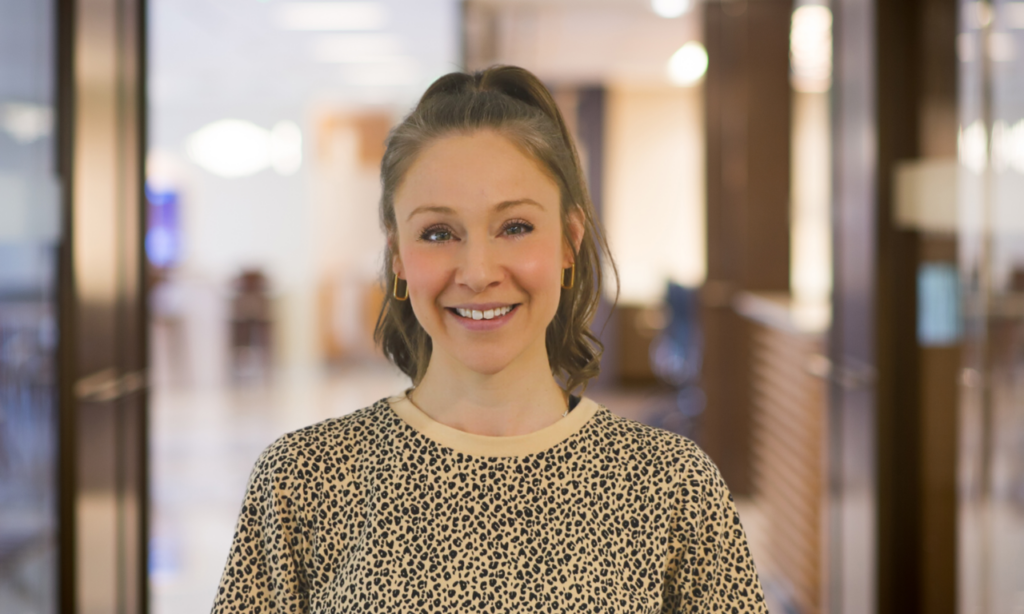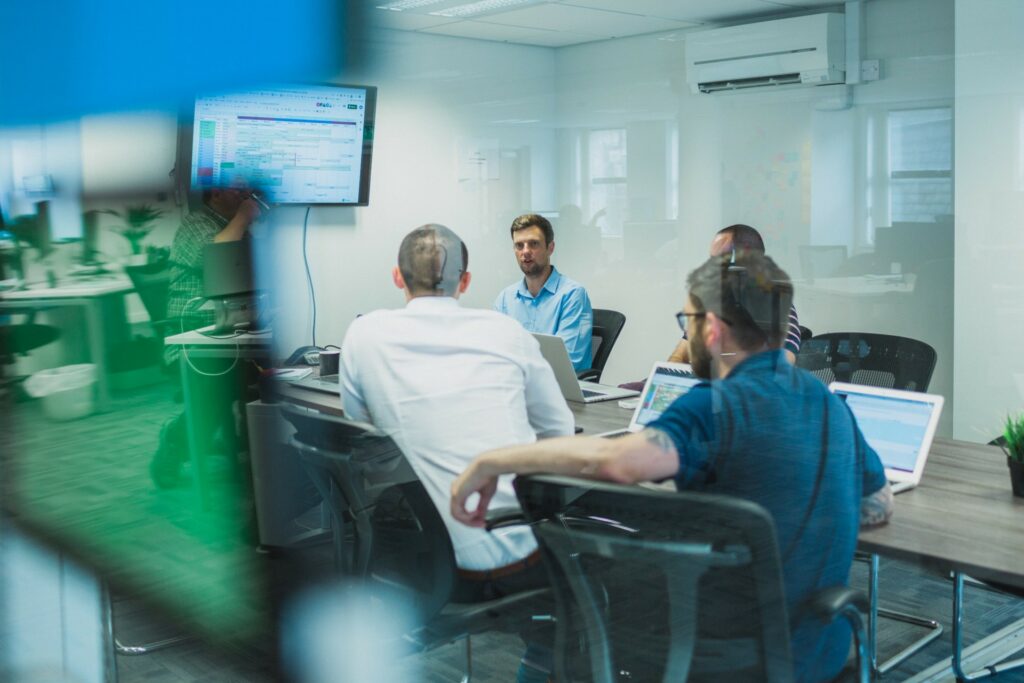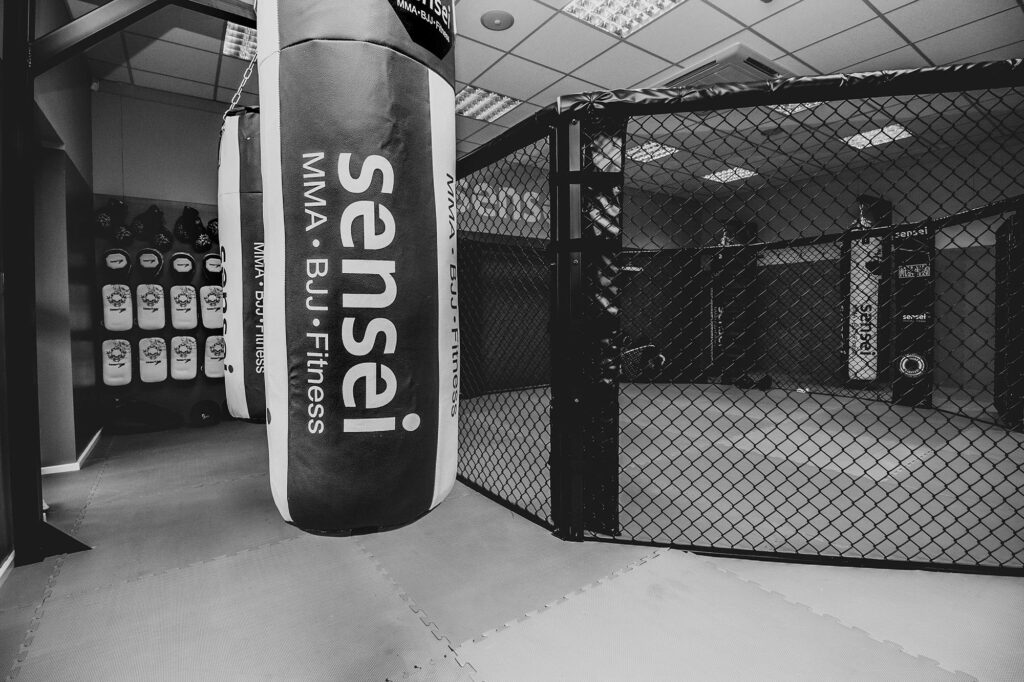hedgehog lab traces its origins back to 2009 when our Co-Founders Sam and Brannan met at university in Scarborough and started to collaborate developing websites for local businesses. Bootstrapped from the beginning‚ they grew the business organically from a single student bedroom (while sleeping in the other) to our current 60+ strong team today.
Back in 2009‚ the UK economy was still recovering from the Financial Crisis of 2007/8 and investment in digital was seen as just another cost for organisations trying to re-build. Websites were still a “nice to have” for many who were relying on the business model which had served them well for years‚ if not decades‚ before.
Despite an understandable reluctance to engage with technology‚ there were opportunities open to those who kept an eye on the future. The first iPhone had just been released to critical acclaim and early creators of mobile apps were beginning to tap into a new market which would explode over the next few years.
These were tough conditions to start a digital agency in; over ten years later we are again facing challenging times ahead.
Like most other businesses we will be tested by the next few months. However‚ like many businesses‚ we are lucky to have a resilient team who are used to overcoming challenges both for ourselves and our clients.
While the future is uncertain‚ we are not powerless in the hands of fate. Survival as a business is about adaptation‚ perseverance‚ innovation and finding the upside in uncertainty.
Understanding Uncertainty vs Risk
There is a distinct difference between an uncertain situation and a risky one.
Risk implies that you can predict the possibility of a future outcome‚ good or bad‚ uncertainty is unforecastable‚ with the outcome entirely unknown.
If you’ve ever started a business from scratch‚ you’ll know how hard it is to navigate new waters with no sense of where the tide is taking you.
This is the position many of us find ourselves in now. We simply do not have the information to forecast an outcome‚ which understandably leads us to assume the worst.
A 2010 Harvard Business Review Study found that during the recessions of 1980‚ 1990‚ and 2000‚ 17% of the companies studied went bankrupt‚ private‚ or were acquired. However‚ 9% of companies flourished in the three years after the recession‚ outperforming competitors by at least 10% in sales and profits growth.
An uncertain situation does not automatically equal a bad one. While success isn’t guaranteed‚ sometimes the most unexpected situations offer the most opportunities.
“Some things benefit from shocks; they thrive and grow when exposed to volatility‚ randomness‚ disorder‚ and stressors and love adventure‚ risk‚ and uncertainty.”
― Nassim Nicholas Taleb‚ Antifragile: Things That Gain From Disorder
Embrace Flexibility and Adaptation
In 2011 Netflix almost died. The company had lost 800‚000 customers and its stock price had fallen by almost eighty percent.
This was back when they were still shipping DVDs directly to mailboxes‚ a model which had both high overheads and limits on customer consumption. (Imagine our current situation being able to rent just two DVDs at any given time!)
Spotify at the time was a three-year-old Swedish startup and the subscription economy was still in the phase of early adoption. However‚ it was clear that consumer behaviour was changing. It was a case of adapt‚ or accept decline.
Staff were quickly moved away from warehouses and trained in new ways of working‚ customers were educated about the benefits of streaming and the Netflix engineering team invested in a completely new cloud-based technology stack.
The rest is history. Netflix is now a dominant Hollywood player‚ however‚ this outcome wasn’t a given at the time. They had to act decisively‚ and completely shift their operating model to embrace a new reality.
If the idea of a full transformation seems daunting‚ you can break down the work and test out ideas before fully committing. We spend a lot of time with clients helping them develop an initial minimum viable product (MVP).
As described by Eric Ries (Author of The Lean Startup)‚ “the minimum viable product is that version of a new product which allows a team to collect the maximum amount of validated learning about customers with the least effort.”
One of the benefits of the MVP approach is that it allows businesses to test out new concepts quickly and cost-effectively.
Whether you choose to fully pivot‚ or test out a new MVP‚ it is vital you have the capacity to change and shift your business models over the coming months.
Focus on Brand and Customer Experience
During uncertain times‚ consumers tend to place their trust in the people and brands they believe in. This is especially true in B2B contexts where people making purchasing decisions will accept fewer risks.
It’s easy to make a knee jerk decision to pull spend from brand building activities and customer experience‚ but there is the risk you are not only sacrificing connecting with customers in the short term but also negatively impacting future sales and profits.
In the past‚ organisations that have been successful post-recession have generally focused on three key areas: operational efficiency (reducing costs)‚ developing new markets and development of new assets.
Look After Your Team
Like many other businesses‚ last week we took the decision to protect our staff‚ customers and community by asking every staff member to work from home for the foreseeable future.
Our team are hedgehog lab‚ not a logo or a collection of offices. It’s our people that drive the company forward. They are our greatest asset and our biggest source of success.
Over the next few months‚ every person in every business across the country is going to face new challenges and pressures‚ from balancing work with childcare to coping with social isolation.
Your survival relies on your employees being able to adapt to and work productively in this new reality. We need to look after our people and find new ways to support them through what lies ahead.
A Final Note
To our customers‚ friends‚ partners and wider business community; reach out to us.
You may have questions‚ pressures on your business or concerns about the future. We are here to help. We know our success comes from your success.
We have a (virtual) office full of creative‚ smart‚ talented people who are used to solving complex problems across multiple industries. We are used to operating in uncertainty and pivoting businesses to match new market conditions. Leverage our expertise.
Speak to us – call us up‚ email‚ arrange a Zoom meeting (even if it’s just for a virtual chat over a cup of tea about life in general).
There are undoubtedly tough times ahead for us all. But we are stronger together.





